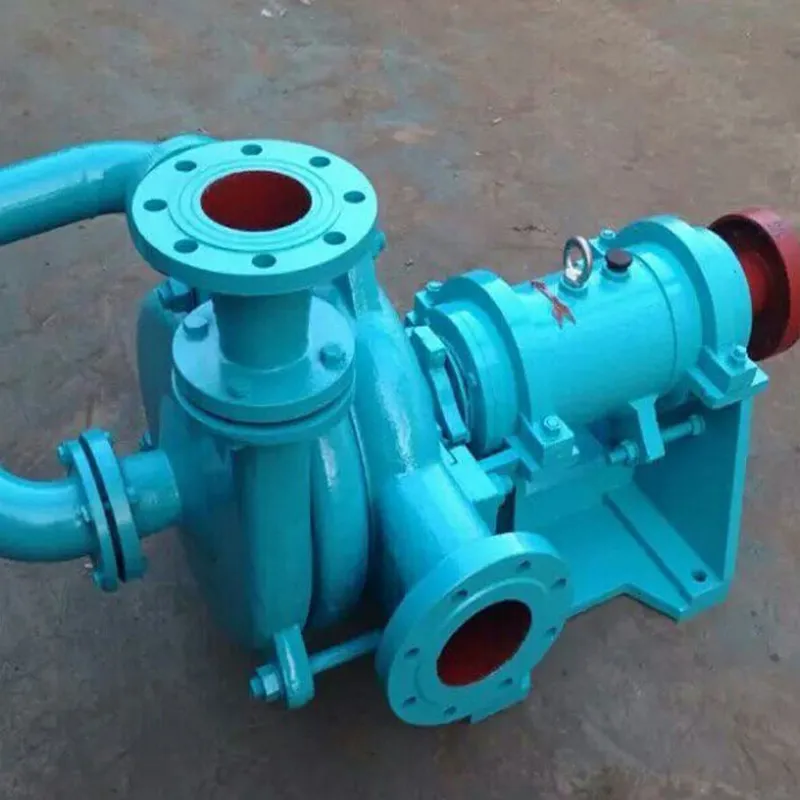English
- Afrikaans
- Albanian
- Amharic
- Arabic
- Armenian
- Azerbaijani
- Basque
- Belarusian
- Bengali
- Bosnian
- Bulgarian
- Catalan
- Cebuano
- Corsican
- Croatian
- Czech
- Danish
- Dutch
- English
- Esperanto
- Estonian
- Finnish
- French
- Frisian
- Galician
- Georgian
- German
- Greek
- Gujarati
- Haitian Creole
- hausa
- hawaiian
- Hebrew
- Hindi
- Miao
- Hungarian
- Icelandic
- igbo
- Indonesian
- irish
- Italian
- Japanese
- Javanese
- Kannada
- kazakh
- Khmer
- Rwandese
- Korean
- Kurdish
- Kyrgyz
- Lao
- Latin
- Latvian
- Lithuanian
- Luxembourgish
- Macedonian
- Malgashi
- Malay
- Malayalam
- Maltese
- Maori
- Marathi
- Mongolian
- Myanmar
- Nepali
- Norwegian
- Norwegian
- Occitan
- Pashto
- Persian
- Polish
- Portuguese
- Punjabi
- Romanian
- Russian
- Samoan
- Scottish Gaelic
- Serbian
- Sesotho
- Shona
- Sindhi
- Sinhala
- Slovak
- Slovenian
- Somali
- Spanish
- Sundanese
- Swahili
- Swedish
- Tagalog
- Tajik
- Tamil
- Tatar
- Telugu
- Thai
- Turkish
- Turkmen
- Ukrainian
- Urdu
- Uighur
- Uzbek
- Vietnamese
- Welsh
- Bantu
- Yiddish
- Yoruba
- Zulu
Telephone: +86 13120555503
Email: frank@cypump.com
Aug . 12, 2024 21:12 Back to list
Understanding the Components and Functionality of Sewage Pumping Systems for Efficient Wastewater Management
Understanding Sewer Pump Systems An Essential Component of Wastewater Management
Sewer pump systems play a crucial role in effective wastewater management, ensuring that sewage and stormwater are transported efficiently from residential, commercial, and industrial areas to treatment facilities. These systems are particularly important in regions where gravity alone cannot facilitate the movement of wastewater due to topographical challenges, such as low-lying areas or locations far from sewage treatment plants.
What is a Sewer Pump System?
A sewer pump system comprises several components designed to collect, transport, and discharge wastewater. The primary components include the pump itself, a collection tank or wet well, discharge pipes, and control systems. When wastewater flows into the collection tank and reaches a predetermined level, the pump is activated, moving the sewage through the discharge pipes to the main sewer system or treatment facility.
Types of Sewer Pumps
There are several types of sewer pumps commonly used in wastewater management
1. Submersible Pumps These pumps are designed to be submerged in the wastewater. They are highly efficient and often used in residential and commercial applications because they save space and minimize noise.
2. Effluent Pumps Used for moving wastewater that has been pre-treated, effluent pumps are commonly employed in small treatment plants and septic systems to transfer treated water to drain fields or other disposal areas.
3. Grinder Pumps These pumps are equipped with sharp blades that grind up solids and debris in wastewater, making it easier to transport through smaller pipes. They are often utilized in homes with low elevations that require a lift station.
sewer pump systems

4. Sewage Pumps Specifically designed for handling raw sewage, these pumps are capable of moving solid waste as well as liquids. They are vital for residential and commercial plumbing systems that connect to municipal sewer systems.
Importance of Sewer Pump Systems
The importance of sewer pump systems cannot be overstated. They are essential for preventing sewage backups, which can lead to environmental contamination and pose serious health risks. A malfunctioning pump can result in overflows that not only damage property but also contaminate groundwater and local water bodies.
Moreover, sewer pump systems contribute to the overall efficiency of urban infrastructure. In cities experiencing rapid growth, where new developments might be situated far from existing sewage lines, these systems become indispensable. They enable the expansion of urban areas while ensuring that public health and environmental concerns are addressed.
Maintenance and Challenges
Regular maintenance of sewer pump systems is vital for their longevity and reliable functionality. Key maintenance tasks include routine inspections, cleaning of the pumps and tanks, and ensuring that no debris obstructs the operation. Proper maintenance helps in identifying potential issues before they escalate into major problems.
Despite their effectiveness, sewer pump systems face several challenges. Aging infrastructure, combined with increasing urbanization, can overwhelm existing systems. Additionally, heavy rainfall and flooding events can cause surges in wastewater flow, putting additional strain on these systems.
Conclusion
In conclusion, sewer pump systems are an integral part of modern wastewater management. They ensure the efficient transport of sewage and contribute significantly to public health and environmental protection. As urbanization continues to rise, the demand for effective sewer pump systems will grow, necessitating advancements in technology and regular maintenance practices. Understanding their operation and importance is crucial for both consumers and municipal planners in promoting sustainable infrastructure and community wellbeing.
-
ISG Series Vertical Pipeline Pump - Chi Yuan Pumps Co., LTD.|High Efficiency, Energy Conservation, Low Noise
NewsJul.29,2025
-
ISG Series Vertical Pipeline Pump-Chi Yuan Pumps Co., LTD.|High Efficiency&Energy-Saving
NewsJul.29,2025
-
ISG Series Vertical Pipeline Pump - Chi Yuan Pumps Co., LTD. | High Efficiency, Energy-Saving
NewsJul.29,2025
-
ISG Series Pipeline Pump - Chi Yuan Pumps | High Efficiency, Low Noise
NewsJul.29,2025
-
High-Efficiency Vertical Slurry Pumps for Mining & Industry Solutions
NewsJul.29,2025
-
High-Efficiency Pipeline Pump Solutions for Every Pipeline Pump Station
NewsJul.29,2025










